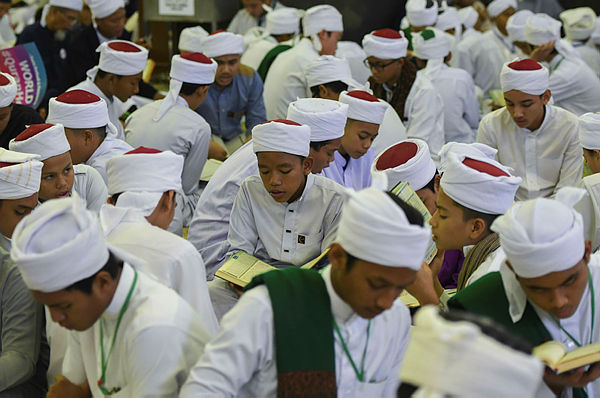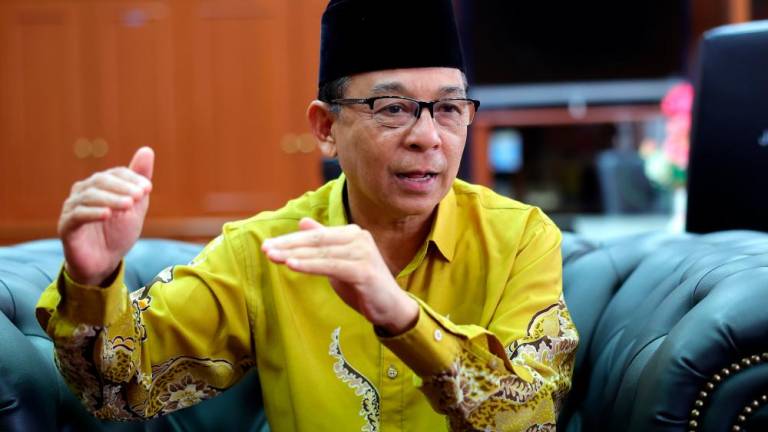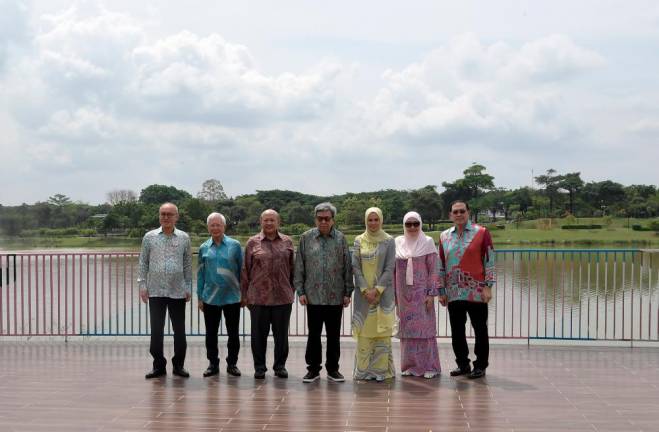GEORGE TOWN: A business activist has called on religious schools to be less dependent on state or federal governments for financial assistance as it was difficult for them to continue with large scale funding in view of the present austerity drive.
Maktab Mahmud alumni member Datuk Fauzi Naim Noh, who is also the joint business council chairman of the Indonesia–Malaysia–Thailand Growth Triangle, said that many religious schools were struggling to upkeep their facilities due to depleting resources.
And it is also made worse with a limit in the per capita grants from the government due to a need to be thrifty in light of public debt, which had reached almost RM1 trillion at one time.
“I think gone are the days when everything related to education is borne by the government. Our public coffers are also limited owing to the economic woes suffered by the country and the world generally,“ Fauzi said.
He recommended for the respective alumni of religious schools to play a prominent role in helping finance their schools in the future.
Fauzi said the government can continue to provide funding in terms of teachers and administrative staff as well as curriculum grants, but for issues such as school maintenance, wages of support staff and alumni activities, it is best that the schools find their own financing.
There is also a need to engage the communities more, especially those living near the schools – to make them feel part of the education institutions.
“We should organise more community clean up with the help of students.”
Maktab Mahmud in Alor Star, Kedah, is one of the oldest schools in the country, having been established in 1936. It has been dependent for decades on the state for finance and support but Faudzi said that there is now a shortfall in public funding, causing the school to struggle with the maintenance of the infrastructure.
He said this ahead of the school’s Hari Raya Aidilfitri mega celebration, which would be graced by Kedah Mentri Besar Datuk Seri Mukhriz Mahathir.
The college is not the only one struggling.
There are reportedly 900 religious tahfiz schools in the country of which half remained private and operated under less than rosy conditions.
In recent times, such schools have come under scrutiny over safety conditions, especially after an arson incident at a school at Selangor in 2017 that resulted in the death of 21 students and two wardens.
Fauzi also said that fundraising efforts should be encouraged but it must be spearheaded by the alumni or parent-teacher associations instead of students or third parties going around town to collect donations.
He urged more Islamic financial institutions and listed companies to adopt needy religious schools. — Bernama













